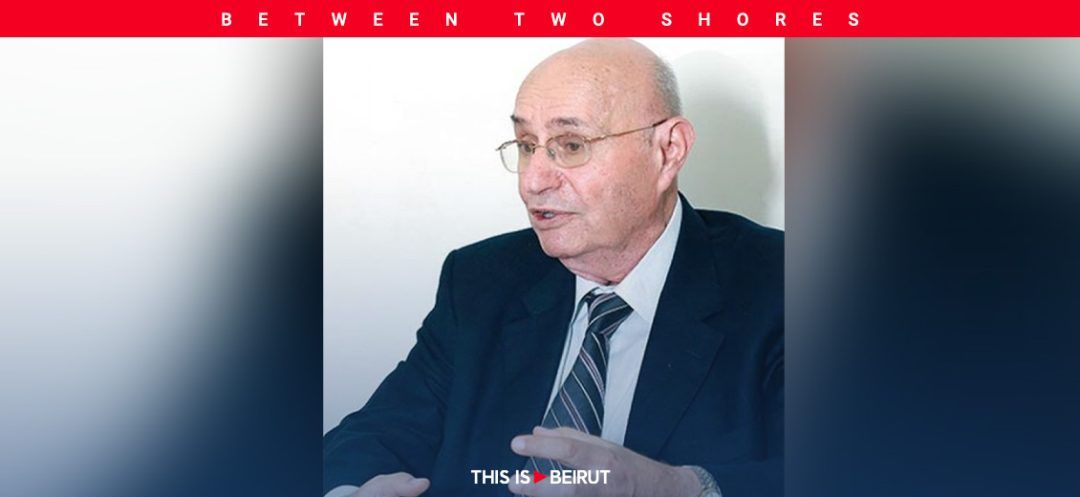
Hareth Boustany, who passed away on February 28, 2024, was one of the intellectual figures who tirelessly worked for Lebanon. A former chief curator of national museums, former director of downtown Beirut excavations, an emeritus professor of archaeology and history, and thesis supervisor at the doctoral school of the Lebanese University, he was also the founder and director of the archaeological museum of the Lebanese University and the author of more than twenty historical and archaeological works on Lebanon and the peoples of the Levant.
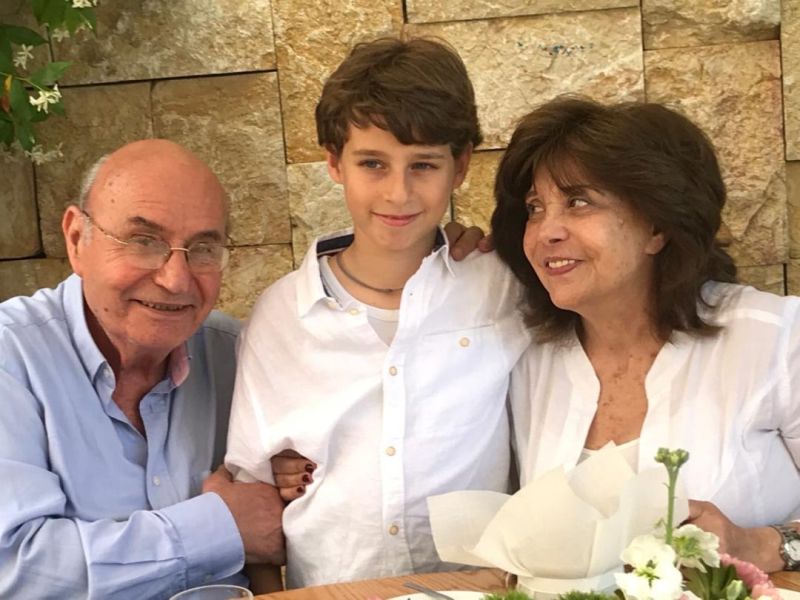
The son of the illustrious historian, writer, linguist, professor, and encyclopedist Fouad Ephrem Boustany, Hareth Boustany inherited his erudition and passion for the history of civilizations. Above all, he remembered his father’s words, which he accompanied in his research and from whom he learned a lot: “The more you advance in science and knowledge, the more modest you become.” These words would become his motto.
Born in Deir el Qamar in 1944, he grew up in Beirut and pursued his studies at Collège Notre-Dame de Jamhour. His attachment to his native village, to which he pays tribute in his work “Deir el Qamar, City of Culture, Art, and History” (2019), is evident.
His great admiration for his father, a true wellspring of knowledge and human values, fueled his desire to become a historian and archaeologist. He followed in his father’s footsteps by studying archaeology at the Lebanese University, of which Fouad Ephrem Boustany was the founder and rector (1953–1971). Then, he flew to Paris in 1966 to pursue his doctorate at the Sorbonne, culminating in a thesis on “The Representation of the Individual in Phoenician Art.” Returning to Lebanon in 1969, he took his first professorship at the age of 25, at the faculty of information of the Lebanese University, teaching ancient civilizations’ history.
Appointed in 1970 as the chief curator of national museums by the Directorate General of Antiquities, Hareth Boustany held this position until 1979, before Boutros Dib, rector of the Lebanese University, asked him to dedicate himself to teaching. He tirelessly taught courses on ancient history and archaeology, Western art history, the history of art in Muslim civilizations, archaeology, methodology, and museology. He also taught at Saint Joseph University and USEK and delivered a series of lectures in Europe (Collège de France) and Middle Eastern countries.
When he learned from President Camille Chamoun in 1975 that the war would last, he asked Maurice Chehab, director of the DGA, for permission to secure the national museum’s collections. With the help of a few people, Hareth Boustany took charge of encasing large items, including bas-reliefs, sculptures, mosaics, and sarcophagi, in concrete slabs. Witnessing Lebanon’s descent into hell, his greatest pride was contributing to the preservation of the national museum’s treasures during the war. After all, wasn’t preserving Lebanon’s history and heritage his calling?
In 1992, Miche Eddé, the then Minister of Culture, appointed him director of Beirut excavations, where he committed to uncovering the archaeological treasures buried under the city’s layers until 2000.
He claimed kinship with the Phoenicians, a civilization that left its mark on the Mediterranean, and traced their history in “The Canaanites-Phoenicians, Peoples and Lands” (2007). He returned to this theme in “Lebanon at the Sources of Humanism” (2014), where, in his dedication as a preface to his father, he mentioned “the immortal geniuses of Lebanon.” In his book “Fakhreddine II the Great, Europe and the Orient: Patriot, Heretic, or Renegade?” (2016), he set the record straight, demonstrating that this historical figure, inspired by the Florentine Renaissance, made Lebanon a worthy descendant of ancient Phoenicia, bringing prosperity to cities like Beirut and Sidon. The study conducted by geneticist Dr. Pierre Zallouaa on Lebanese with Phoenician genes supports the thesis that Hareth Boustany has always defended.
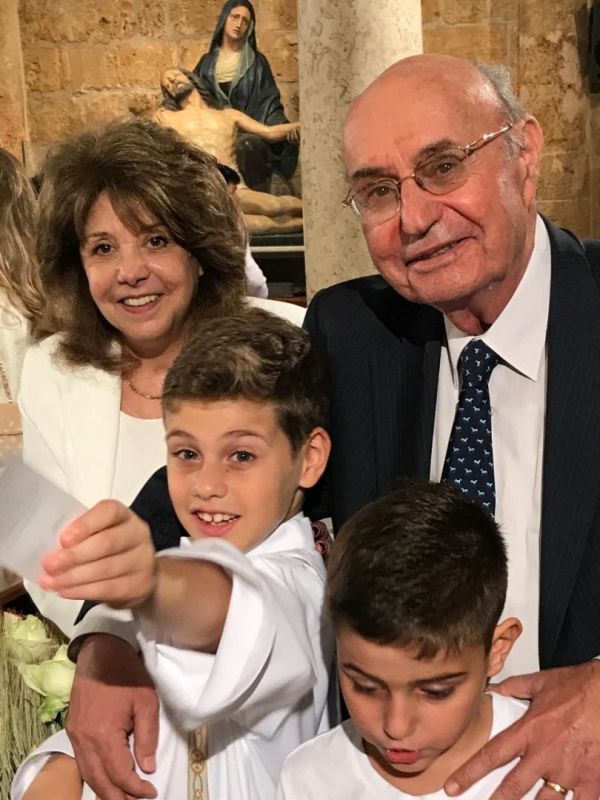
Marina Boustany Bernoti testified to her attachment to her brother: “I worked a lot with Hareth in translating my father’s books. He was always there and very close. A large part of me has gone with him.”
Alexandre Samaha, his classmate from the 1963 promotion at Collège N.D. de Jamhour, testified: “Our friendship, dating back some sixty years, has never waned. Hareth has always been a reference for me; his advice was precious. He is above all a man of great culture who has given a lot to Lebanon educationally and in terms of national heritage. He deserves recognition, and indeed, I will endeavor to publish his biography.”
Read more
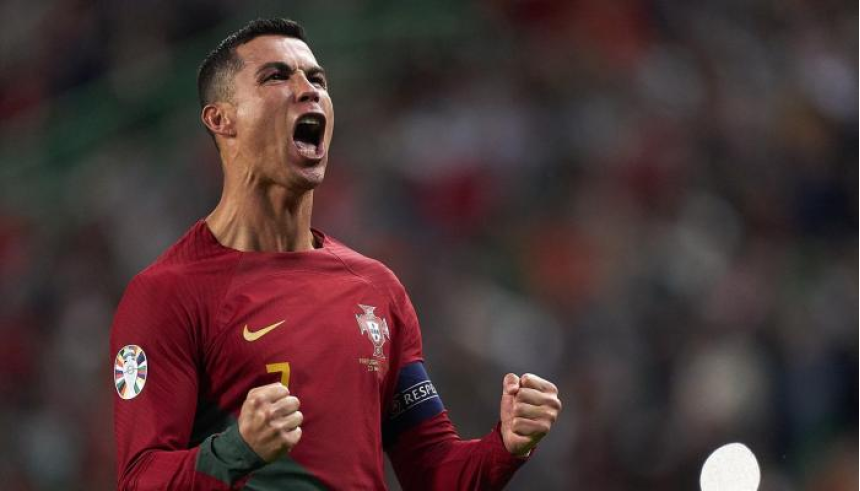
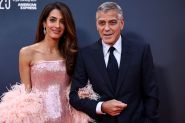

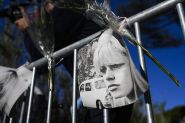
Comments